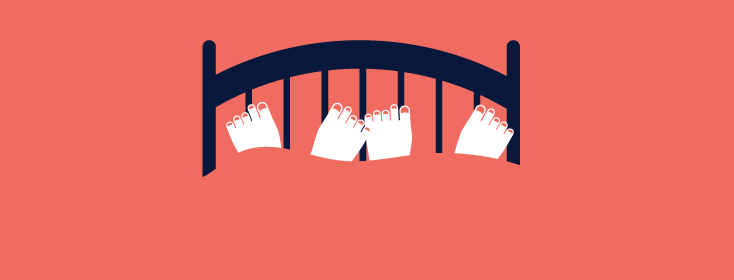Erectile Dysfunction – So Now What?
In this article, I will begin to discuss some ways to proactively recover erections after you have had surgery to remove your prostate due to prostate cancer. I have to warn you, some of these treatment options may seem a bit overwhelming. As you read through this and any other information regarding this topic, remember that these treatments may seem scary at first but usually become more normal as you dive into care.
Think of a person diagnosed with diabetes who may have a needle phobia but will now be giving themselves insulin injections daily. It soon becomes your “new normal.” I encourage you to seek out compassionate caregivers who will guide you through this process.
Key facts for active treatment
There are some keys facts that you should know as you begin the process of active treatment.
Fact 1: After prostate cancer surgery, most people will have some period of erectile dysfunction. The nerves can be stretched and injured, even with a nerve-sparing procedure and a highly skilled surgeon. The prostate is surrounded by these nerves, and it is a function of the anatomy that the nerves can be injured.1
Fact 2: Nerves take time to heal. Recovery of erectile function may take several months or longer. Most people can have erections as normal within 2 years.1
Fact 3: We know that if you use the current treatments available, you may regain function more often than those who choose to do nothing. But it is always your choice!
Fact 4: If you had good erections and sexual function prior to surgery, you may recover more fully postoperatively than someone with diminished sexual function.2
Fact 5: The old adage of “use it or lose it” applies here. What does that mean if you can’t get an erection; how can you use it? We will talk more about this for sure!
Discussing your medical care
In terms of medical care, there are several options available. You can discuss each of these with your doctor to determine which one or combination of these treatments would be best for you.1,2
- Medicine – Doctors are prescribing with more regularity nightly low-dose medicines such as Viagra and Cialis. These medicines are called PDE-5 inhibitors. There are choices based on insurance coverage as well as nightly versus “on demand” usage. These drugs do have some side effects but are overall safe for most people when prescribed and monitored by a doctor. Many people are able to achieve an erection firm enough for penetration using these drugs, following a recovery period. The recovery period can vary from person to person, so it is important to be patient.
- Penile injections – Patients work with their doctor to find a dosage of medicine for self-injection. Basically, you use a small needle and inject some medicine that relaxes the vessels in the penis to allow blood flow and create an erection that is suitable for intercourse. This is called intracavernous injection (ICI) therapy.
- Penile suppository – This involves the patient inserting the medicine into the tip of the penis. The medicine helps to bring blood flow into the penis to achieve an erection. You work with your doctor to find the right dosage. There may be side effects, including discomfort.
- Vacuum erection pump – This involves using a small pump to pull blood into the shaft of the penis and using a ring to help hold the blood in the penis. This can be done to achieve an erection for intercourse and also used for penile rehab. You have to be very careful about removing the ring after the recommended time frame to avoid cutting off blood flow to the penis.
- Penile prosthesis – This is a surgery that involves implanting an inflatable penile prosthesis that consists of two attached cylinders: a reservoir and a pump. This can be a very effective form of treatment but does involve another surgery.
Talk to your doctor for guidance
I hope this introduces some of the medical options available for post-op recovery of erectile dysfunction. All of the above options will require your doctor's input and guidance. I will continue the conversation with some behavioral interventions, like diet and exercise, in future articles.

Join the conversation